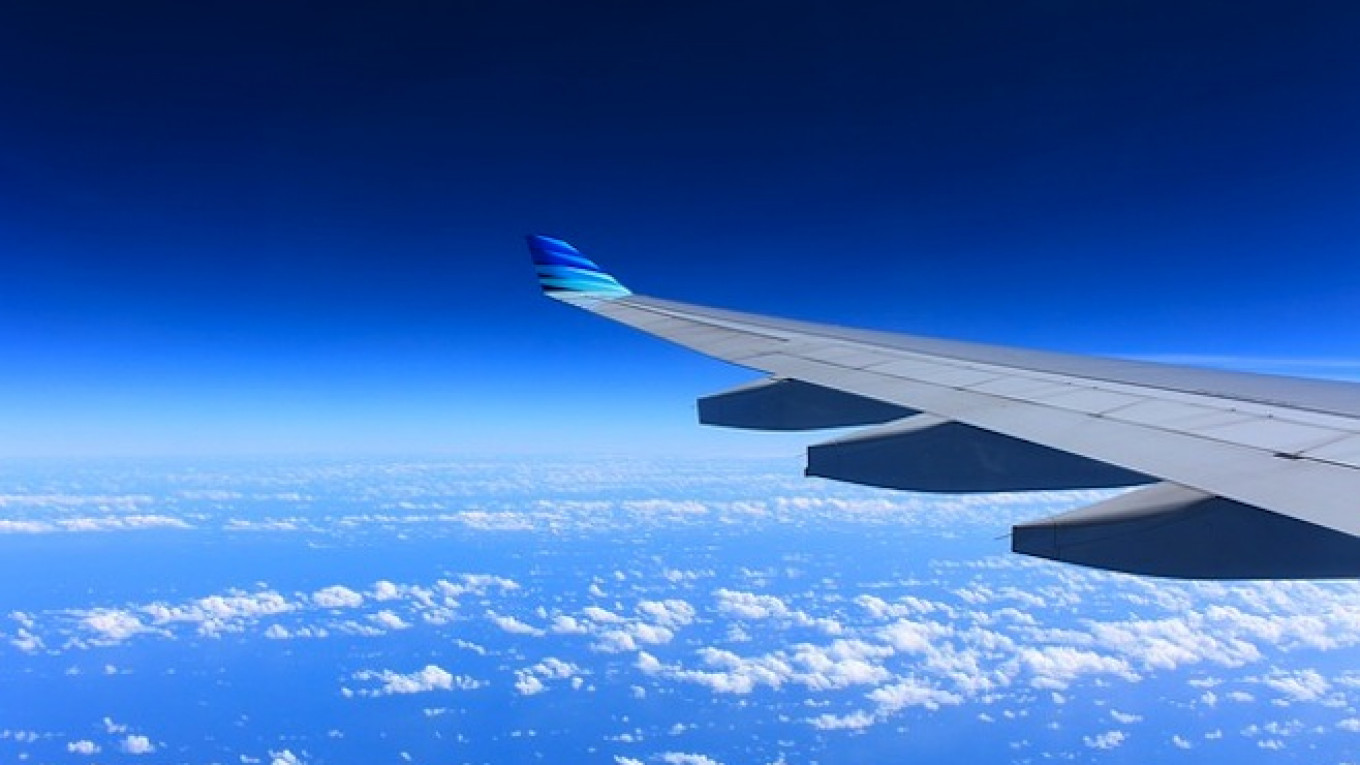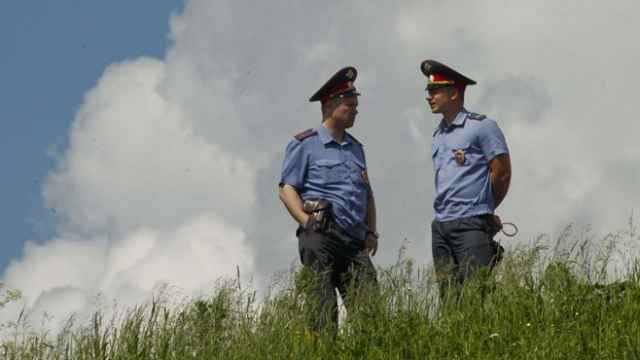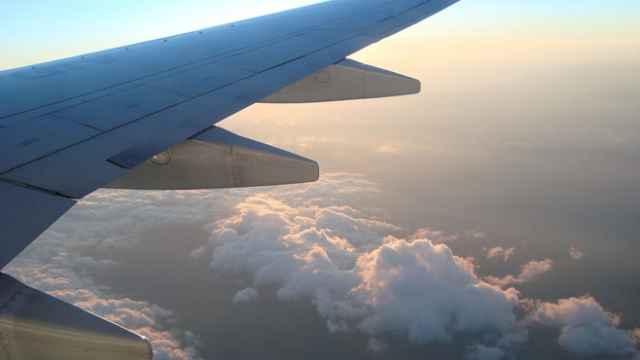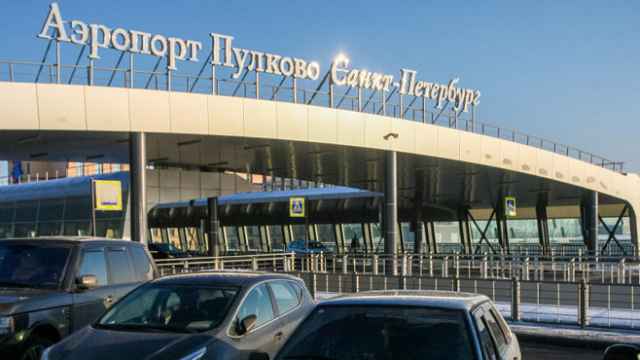International airlines are curtailing their activity in Russia as the ruble's sharp devaluation and the country's economic downturn have significantly reduced the number of passengers on international flights.
In the most recent development, Finnair announced last week that it will suspend flights between Helsinki and Nizhny Novgorod from next February.
Some international air carriers, like Hong Kong-based Cathay Pacific, Thai Airways International and Austrian low-coster Niki, have already stopped flying to Russia altogether.
Others, like British budget airline EasyJet, Air France and Germany's Air Berlin, have cut the number of their flights to Russia or started using smaller planes, like the Dubai-based Emirates.
Airlines have been hit hard by the sharp devaluation of the ruble, which last year lost 40 percent of its value against U.S. dollar on the back of plunging oil prices.
International carriers set ticket prices in foreign currency, meaning the devaluation of the Russian ruble made their tickets more expensive compared to those offered by Russian airlines.
In addition, the falling ruble and slumping incomes have forced many Russians to cancel their plans to travel abroad.
In the first half of the year, the number of passengers flying with international air carriers in Moscow's airports dropped from 5.7 million to 4.6 million compared to the same period last year, according to data published in July by Russia's Federal Air Transportation Agency.
Airlines have also reacted to the reduced number of passengers by suspending their service in Russian regions.
Aviation companies that have not left the market are concentrating their services in Moscow and St. Petersburg, said Konstantin Yuminov, an industry analyst at Raiffeisenbank.
Germany's Lufthansa has stopped flying to the Russian cities of Samara and Nizhny Novgorod, and Finnair has pulled out from Samara and Kazan.
Yuminov forecast that international air companies will continue to leave the Russian market and the remaining ones will cut the number of flights offered.
The situation could worsen in October with the beginning of the low season for air travel, Yuminov said.
U.S. air carrier Delta announced back in April that it was suspending flights from Moscow starting October.
Russian airlines have also been affected by the falling demand.
In the first half of the year, the number of passengers flying with Russian airlines to international destinations dropped by 15.2 percent compared to the same period last year, according to Russia's Federal Transportation Agency.
Contact the author at a.bazenkova@imedia.ru
A Message from The Moscow Times:
Dear readers,
We are facing unprecedented challenges. Russia's Prosecutor General's Office has designated The Moscow Times as an "undesirable" organization, criminalizing our work and putting our staff at risk of prosecution. This follows our earlier unjust labeling as a "foreign agent."
These actions are direct attempts to silence independent journalism in Russia. The authorities claim our work "discredits the decisions of the Russian leadership." We see things differently: we strive to provide accurate, unbiased reporting on Russia.
We, the journalists of The Moscow Times, refuse to be silenced. But to continue our work, we need your help.
Your support, no matter how small, makes a world of difference. If you can, please support us monthly starting from just $2. It's quick to set up, and every contribution makes a significant impact.
By supporting The Moscow Times, you're defending open, independent journalism in the face of repression. Thank you for standing with us.
Remind me later.






